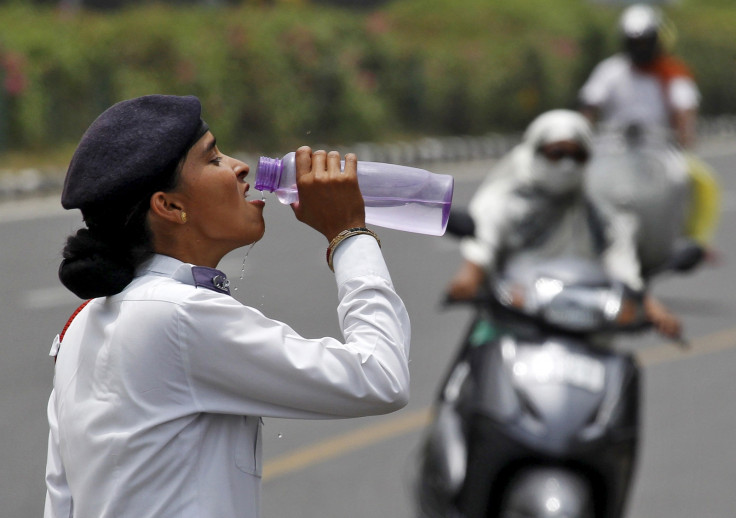Dehydrated birds fall from the sky amid scorching heatwave in India
Climate change is causing record-setting temperatures to become more frequent.
The scorching heatwave that has swept India is not only affecting humans but is also proving deadly for animals. Animal rescuers in the Indian state of Gujarat have come across dozens of exhausted and dehydrated birds dropping from the sky everyday in the last few weeks.
The temperatures in Gujarat have been hovering above 40C for weeks now and are only expected to further increase in coming weeks. The animal rescuers have been treating the birds by injecting water into their mouths using syringes and feeding birds multi-vitamin tablets.
"This year has been one of the worst in the recent times. We have seen a 10% increase in the number of birds that need rescuing," Manoj Bhavsar, who works with a non-profit in Ahmedabad, told Reuters.
India is no stranger to heatwaves but this year is different from the others due to the early-season timing and severity of the heatwave being recorded all across the country.
The average maximum temperatures recorded in the month of March this year were already the highest in 122 years. The government has also asked schools to begin classes earlier in the morning due to the scorching heat.
According to a report in Vox, nearly one in eight people on Earth are enduring relentless heatwaves. Countries like Pakistan, Bangladesh and Sri Lanka have all been witnessing high temperatures. Heatwaves have managed to kill more than 6,500 people in India since 2010 and scientists claim that the situation is only expected to deteriorate.
Climate change is causing record-setting temperatures to become more frequent. Globally, the decade to 2019 was the hottest recorded, and the five hottest years have all occurred within the last five years.
VIDEO: ?? Thirsty birds need help to survive scorching Indian heatwave
— AFP News Agency (@AFP) May 7, 2022
One animal hospital in the western city of #Ahmedabad has treated around 2,000 birds over the past month, many weak and severely dehydrated, with some suffering from broken wings after falling from trees pic.twitter.com/oEuU7iDvk0
A study conducted in 2014 had predicted that in just two decades, 50% of summers across the globe could be 'extreme' events. Experts warn that only transformative action in the next 10 years will help stave off far more cataclysmic impacts.

© Copyright IBTimes 2025. All rights reserved.






















